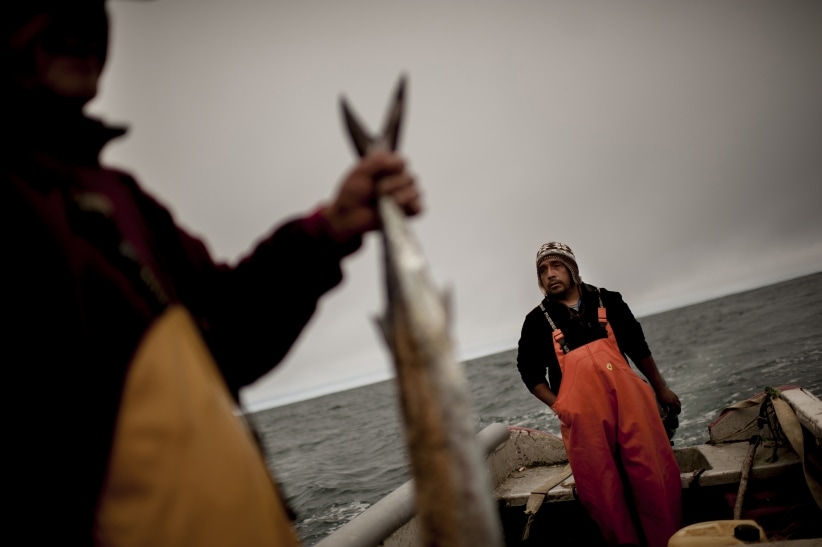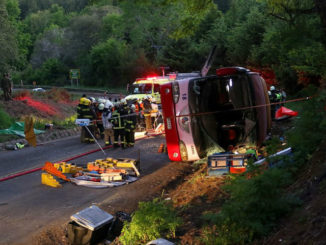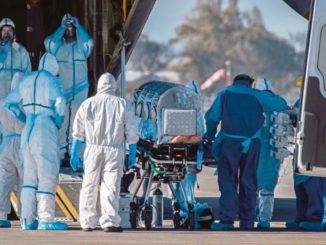
SANTIAGO – The marine conservation organization, Oceana, has requested the Chilean government to move forward with the implementation of management and recovery plans for fisheries.
Nearly 60% of Chilean fisheries are either depleted or overexploited, according to the 2016 Report on the State of Chilean Fisheries.
“The results contained in this report show the alarming condition of fisheries in Chile; ten years have gone by with no sign of recovery. In this setting, implementing management and recovery plans for national fisheries are an urgent matter,” stated Liesbeth van der Meer, Executive Director of Oceana Chile.
“We are concerned that in light of the evident decline of fishing resources, designating a Fisheries Undersecretary is not a priority. The position has been vacant for two months,” added van der Meer.
The Subpesca annual report, which analyzes the state of 25 primary Chilean fisheries, revealed that 15 are in critical condition: 9 of them are depleted or collapsed and 6 are overexploited. In other words, these fisheries are not sustainable in time and their catch levels are far below their historic level due to the significant decline of their resources.
The document also reports a change of category for the Common Hake which is noteworthy. In the 2015 report this species was classified in the collapsed category, yet in the 2016 version it appears in the overexploited category.
“That the Common Hake is no longer in a state of collapse is a technical matter and it doesn’t mean that it recovered. In fact, the Science Committee that advises Subpesca established that there is a 40% probability that the Common Hake did not recover,” said van der Meer. “Scientists determined that this fishery remains very close to collapse and action is required for it to recover.”
In addition, it is very urgent to prioritize the necessary measures to establish public policies to advance towards the punishment of illegal industrial and artisan fishing. This project has been in discussion in Congress for over a year.



